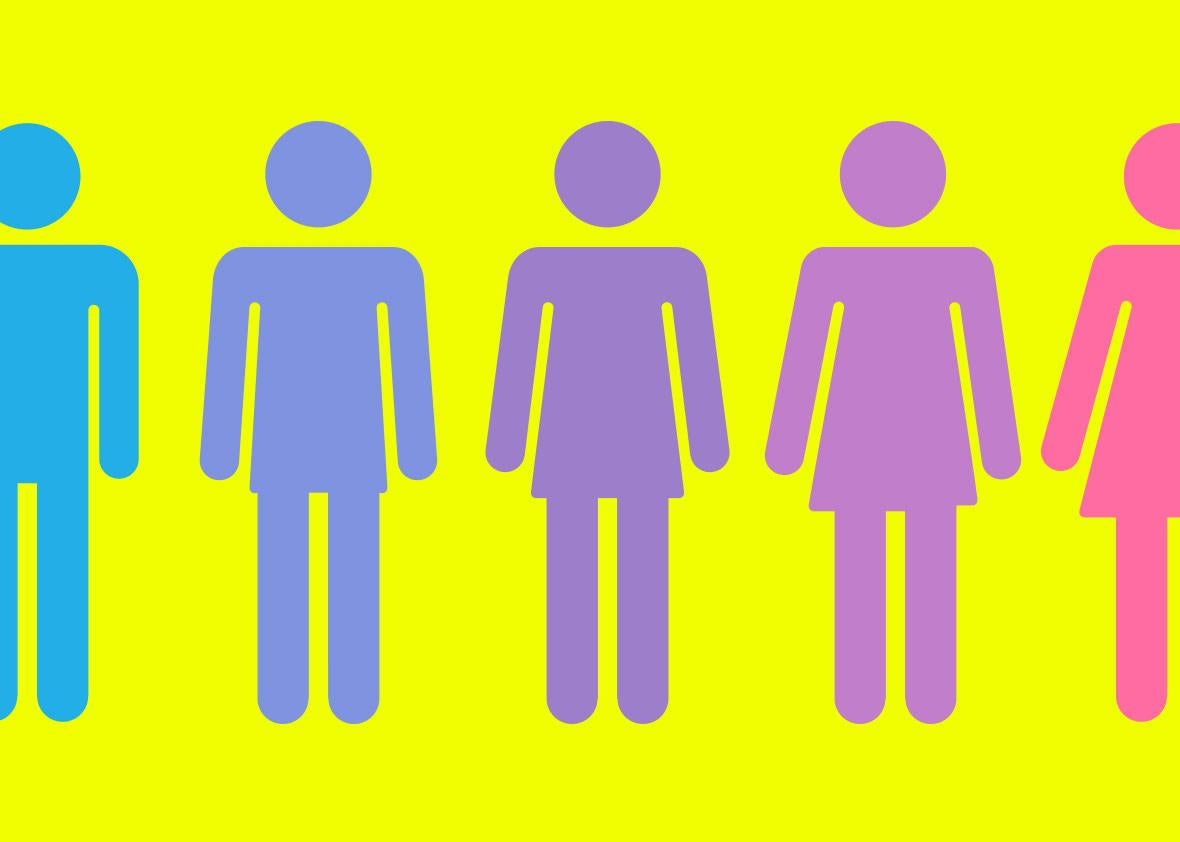This season on Working, we’re taking a look at some LGBTQ-specific jobs.
In early November, protesters in Brazil burned an effigy of the philosopher Judith Butler. They were responding in part to her seminal work in the academic discipline known as queer theory, and though Butler’s own career has long since moved on, that field remains as generative and controversial as ever. For this episode of Working, which you can listen to via the player above, we spoke to Elizabeth Freeman, a professor of English at the University of California–Davis who is also a prominent gender and sexuality studies scholar.
As Freeman tells us, her own relationship to queer theory emerged in part out of her engagement with AIDS activism in the early 1990s. To this day, she says, many scholars in the field remain committed to social and political causes outside the academy, efforts that inevitably feed back into their more formalized teaching and research. “There isn’t only one queer theory,” she says. “Its critical genealogies are both high and low. They involve art and activism and high European theory.”
Freeman, for her own part, pushes that premise in intersectional directions, challenging the fuzzily defined borders of gender and sexuality studies by drawing on the insights of critical race theory and other fields. The resulting methodological variety of her work may speak to the complexity of the word queer itself, though Freeman has her own way of defining the term, telling us, “I hew pretty closely to an idea that queer ought to have something to do with sex.” As she acknowledges, however, others have different definitions. For the most part, she suggests, that’s a good thing: “I think that’s always been the trick, to have a definition of queer that’s capacious enough to do unpredictable kinds of work. But not so capacious that it can mean anything.”
Freeman doesn’t, of course, spend all of her time thinking about abstract questions. Much of her time is spent sitting though departmental meetings, planning courses, and even—worst of all, as any academic will tell you—grading papers. While writing plays an important role in her working life, she often has to carve time out of the day for it, finding half an hour here or there. “Sometimes I think the queerest time is the time you steal from whatever you’re supposed to be doing,” she says. “Writing is this act of tremendous selfishness. Nobody cares about my writing but me. Stealing it from something like doing the dishes can sometimes feel minorly seditious.”
In this episode, Freeman also touches on many other aspects of her working life, covering the years she spent editing the academic journal GLQ, and discussing what she does when there’s conflict in the classroom. Then, in a Slate Plus extra, she lays out a few seminal works of queer theory. If you’re a member, enjoy bonus segments and interview transcripts from Working, plus other great podcast exclusives. Start your two-week free trial at slate.com/workingplus.
Podcast production by Benjamin Frisch.
